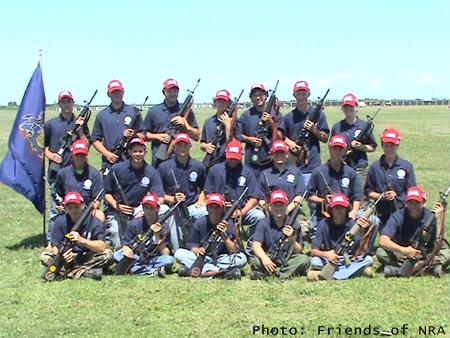The New York Times has a rather lengthy piece on the subject, with examples they found of people having their rights restored who pretty clearly were still disturbed. No mention of how many people have had their rights restored and are doing fine. Several of the examples were committed involuntarily for being suicidal, had their rights restored, and then killed themselves. I don’t consider this much of an example because someone who was committed for being suicidal should be more prone to having rights restored than someone who is schizophrenic and on medication. I’m far more understanding of right restoration for transient mental health issues like depression, PTSD, and other manageable conditions. I’m open to the notion that some states may not have good procedures for rights restoration for mental infirmities, but one of the examples appearing repeatedly is California, a state relatively strict when it comes to firearms, especially with regards to mental health.
It’s relatively unsurprising that with enough digging you can find example of where the system failed. No one wants to do a story on a solider who was committed for severe PTSD, got treatment, got better, got his rights restored, and then went on to live as an ordinary citizen and responsible gun owner. There’s no story there.





